The shining moment for Taryn Hammer Marcus and her husband, Ben, was when the elders of Whitefield started meeting every week at the Sheepscot General Store, the store the young couple had brought back from the dead – the patriarchs, the old farmers, some of them octogenarians who might have known Ben’s grandparents, all filing into the store for morning coffee and conversation.
“I was like, ‘Oh my God, we made it,’ ” Hammer Marcus said. “That sealed the deal.”
The couple’s vision for a 21st-century general store in Maine was a considerable evolution of the old model known mostly for providing Mainers with oily ham Italians, batteries and cigarettes. As recent graduates of Evergreen State College in Olympia, Washington, they reopened Sheepscot General in 2011 with just $15,000 worth of stock on its shelves. Today, with an agricultural-oriented lending library, yoga and art classes, a busy cafe and coolers full of items like Maine-made yogurts and cheeses, it brims with activity. And two years later, these pillars of the community had essentially declared that Sheepscot General could be the cornerstone of the community.
When the Wall Street Journal weighed in on the revival of the American general store earlier this year, the paper credited the renaissance to a couple who opened one in 2008 in Los Angeles, responding to a market “ripe for a more discreet, wholesome brand of luxury.”
Certainly Maine businesses are in on that fast-moving trend. Just this last week, Andy’s Handy Store in Yarmouth, a general store since 1935, announced the addition of a cafe and upscale pizzeria. Sometimes the appeal of the general store label gets twisted; an apothecary in Portland goes by the name Portland General, although there are likely never any batteries or ham Italians there. But Maine’s general store renaissance, while it often includes some serious upgrading of pizza to the wood-burning oven model, tends to be far less precious, a lot more practical and often seriously local.
Making what’s old new again is an offshoot of the “buy local” movement and the rejuvenation of farming. That’s the case with Sheepscot General. Hammer Marcus and her husband, ages 27 and 31, are accidental shopkeepers who came back to Whitefield intending to farm. They started homesteading on land belonging to Ben’s parents (and grandparents before them).
Then, Daniel Ridgell made them an unusual offer. Ridgell, a middle school dropout who started his working life as a mechanic in Maryland and who the Marcuses say is a self-made millionaire, bought the former dairy at Uncas Farm, one of Maine Farmland Trust’s Forever Farms, in 2005. He offered the couple six acres on which to grow produce, provided they also reopen the store on site, which had been a health food store.
Ridgell “had this nostalgia bug,” Marcus said. The young farmers were nervous about becoming shopkeepers, but with their interest in old-fashioned things like home canning, local foods and shared community, they shared a belief system with Ridgell.
BLASTS FROM THE PAST
More often than not, the new old Maine general store is born of nostalgia.
“We are probably more like the early 1900s than we are the late 1990s,” said Judy Wilbur Craig, proprietor of Fossa’s, a general store that reopened in 2013 in Dexter after years of sitting empty.
Buying a piece of the past often means buying coolers from the 1940s, floorboards about to go and heating and cooling systems that have been cobbled together over the years. Upon purchasing the Hope General Store, which was built in 1832 and has functioned through the decades as not just a store but a Grange hall, an antique store and a post office (it still is this last thing), Michael and Heather Forcillo immediately put in new heating and cooling systems plus a generator.
But preserving character is key when you’re selling a piece of the past. “You have to be considerate of what you do and how you plan to move the business forward,” Michael Forcillo said.
The model for the 21st-century general store is balanced carefully between past and present. Many have added WiFi or wood-burning pizza ovens even while adhering to that old adage: If it’s not broke, don’t fix it.
“There is something about old that feels comforting,” said Jennifer Greene, the California lawyer and Small Point summer resident who funded a new incarnation of the Winnegance General Store, recently reopened on the outskirts of Bath. Built in 1902, the store was a popular stopping off spot in Winnegance Village on Route 209 on the way to Popham Beach until it limped to a close in 2009. Even before that, its ham Italians had tasted of a dying business.
Maine Preservation put the building on its most endangered historical properties list in 2013. It sagged to the point where people complained that looking out at the horizon – the Kennebec River to the left, Winnegance Lake to the right – made them seasick. Greene’s was an “impulse buy,” she said, dirt cheap and funded by an inheritance from her mother. She did whatever demolition work she could do herself, including pulling down the old acoustic ceiling – and, with it, decades of dust and mouse droppings – to reveal the beauty of the original high ceiling.
Impatient customers stopped in as she and various crews worked. ” ‘Oh, a general store, are you open?’ ” some said. Others thanked her “for buying it, for saving it,” she said. The pressure was on.
Ultimately, Greene couldn’t see a way to run a Maine general store from her home in California. But Holly Snowdon and her partner, Shawn Schutt, who operate a seasonal food truck in West Bath called Schutty’s Seafood, were looking for a bricks and mortar restaurant. They agreed to the terms of Greene’s lease, including her desire that Winnegance sell groceries and emergency items, such as candles. And batteries. They opened in October, with everything old new again, including a pair of front windows, perfectly framing the tidal river and peaceful lake, that cost $20,000 to restore. Greene was awarded Maine Preservation’s Honor Award for Rehabilitation this year.
“It’s the best good deed I’ve ever done in my life,” Greene said.
BY THE NUMBERS
In 2010, a pair of retired teachers opened Bessie’s Farm Goods on the outskirts of Freeport in a structure they built from the ground up. But new general stores are rare. More often, old buildings recycle through new owners – as with Andy’s Handy in Yarmouth – making it tricky to track changes in the general store business statewide.
The Maine Department of Labor includes general stores in a loose category called “all other general merchandise stores,” which totaled 194 in 2013 and held fairly steady in the past decade.
The general store is by nature an independent business. Most originally sprung up to fill needs in small communities. The need for today’s general store can be as emotional as it is practical; shopping there speaks to a desire to give back to the community on a more human scale.
“You can walk into a Walmart and not even know what state you’re in,” said Mark Delisle, state director of the Maine Small Business Development Centers, which has counseled Mainers looking at the general store model. The general store fits the community and plays to an interest in spending money locally, he said.
On average, 48 percent of each purchase at a local independent business recirculates through the local economy, as opposed to 14 percent of purchases made at chain stores, according to the American Independent Business Alliance.
Connecting with consumers who want to buy local is key, Delisle said. A social media presence can help. Better yet, a lively one. On the Brooklin General Store’s Facebook page are pictures of customers and new goods. “Carhartts and more!” one post reads. “Don’t need to drive all the way to the big city when you can shop right in Brooklin!”
Maine’s new old general stores can’t just be showcases for what’s cute and homegrown. Many get a bump in summer by attracting tourists, but the other 10 months of the year? That’s when real life – and business – happens.
“It’s a tough business,” said Steve Ryan, executive director of the New England Convenience Store Association, whose members include general store owners as well as those with more traditional variety stores and convenience franchises. You have to be all things to all people, with low margins and long hours, he said. And, in a modern general store, customers are perhaps more diversified than ever.
“There’s this convergence of people that are getting back to small-town values,” Forcillo said of his customer base in Hope, “but they like to hold onto some of the conveniences that they have gotten used to.” To that end, the Forcillos may sell a lot of Pabst Blue Ribbon, but they also stock Champagne. There’s a micro population of British or Scottish people in Hope, so for them, teas and specialty candies. At the sandwich counter, there are sandwiches made with brie and caramelized onion. “But at the same time, we have a ham Italian,” Forcillo said. “and people want it to be an authentic one, like from the Maine general stores they are used to.”
The Hope store also stocks local maple syrup, candles and honey made by neighbors. “People really appreciate that because they know the people that make them,” Forcillo said.
Yet these stores are selling atmosphere and companionship as much as they are half-gallons of milk. In a town like Hope, population 1,536, the general store can be an antidote to the downside of rural living.
“It’s a cure to that sense of isolation,” Forcillo said.
And it is a conduit to the upside of rural living – helpful neighbors. At Bessie’s Farm Goods in Freeport one recent winter morning, owner Deede Montgomery got up from her spot on the couch, where she had been knitting and catching up with her daughter and infant granddaughter, to help a customer flag down the UPS driver, who’d driven down Litchfield Road. The customer, who also happens to make woven goods for sale in the store, fretted the driver might not pass by again. “He has to!” Montgomery said. “It’s a dead end.”
HARD TIMES
Not everyone makes it.
In Bowdoinham, the Long Branch General Store closed in June after nearly three years in business. John Favreau, who co-started both the store and the Long Branch School, a center for adult education with an emphasis on sustainability, said neither he nor partner and co-founder, Peter Feeney, wanted to spend their days there.
“We weren’t really happy sitting in a store,” Feeney said. Customers were loyal, but the town of Bowdoinham is small and making a profit proved challenging.
Ryan, the head of the New England Convenience Store Association, said the average pre-tax profit at a convenience store nationally is about $50,000 annually. Labor is the biggest cost, with the average convenience store employing about a dozen people, he said.
Hammer Marcus and her husband laugh at the thought of making $50,000. “We wish,” she said. They staffed the store themselves in their first year, while tending those six acres of vegetables.
When Lynn Spiro bought her Bowdoinham store in 2003, she left a job in Boston where she was making $50,000 a year. “I certainly don’t make that kind of money today,” she said. But there are benefits beyond the financial. The store and cafe, for example, were a cozy, safe place for her young daughter to come after school.
“You don’t really own a store like this,” Forcillo said. “You are more of a steward of it.”
“That’s a big part of sustainability,” he added. “Understanding that it isn’t all fun, and putting in the long hours.” You need to know how to budget and hire good employees, how to deal with distributors and understand profit margins and sales taxes.
And you never know what might happen to your customer base. The Bowdoinham Town Landing took a hit in 2008 after FHC Inc., a medical technology company, left Bowdoinham and moved to Bowdoin. A hundred potential customers within easy walking distance were gone in a heartbeat. But Spiro wasn’t going anywhere and neither was her store. How did she cope?
“You work a little harder and smarter,” Spiro said. “I’m certainly working more hours than I did when I first purchased the building.”
Within the community of general stores, there’s a fair amount of dialogue, comparing notes and such. In his second year of bringing New Gloucester’s Village Store back to life in 2009, Sam Coggeshall sought advice from Walter Manchester at the Good Life Market in Raymond. Manchester advised him on ways to be efficient and to draw customers in, which doesn’t always mean the same thing. Take the bakery. “I lose money on that,” Coggeshall said. “But it is a big part of the attraction; it brings people in, so you do it.”
Wilbur Craig is still trying to figure all that out at Fossa’s in Dexter, which she reopened 18 months ago as a nonprofit corporation and with the help of Community Development Block Grants. Dexter gets pretty quiet in the winter. She’s learned a lot about keeping inventory and managing electricity bills, which swelled to $1,500 a month this summer. It pains her that the shelves are barer than she’d like.
“We’re going through growing pains right now,” Wilbur Craig said. She has unplugged one cooler for the winter. She’s cutting back hours to just Thursday through Sunday in the winter, and often she doesn’t take a paycheck.
But Fossa’s is the fulfillment of a dream; she gives to the community and it gives back.
“This is my pride and joy,” she said.
Send questions/comments to the editors.


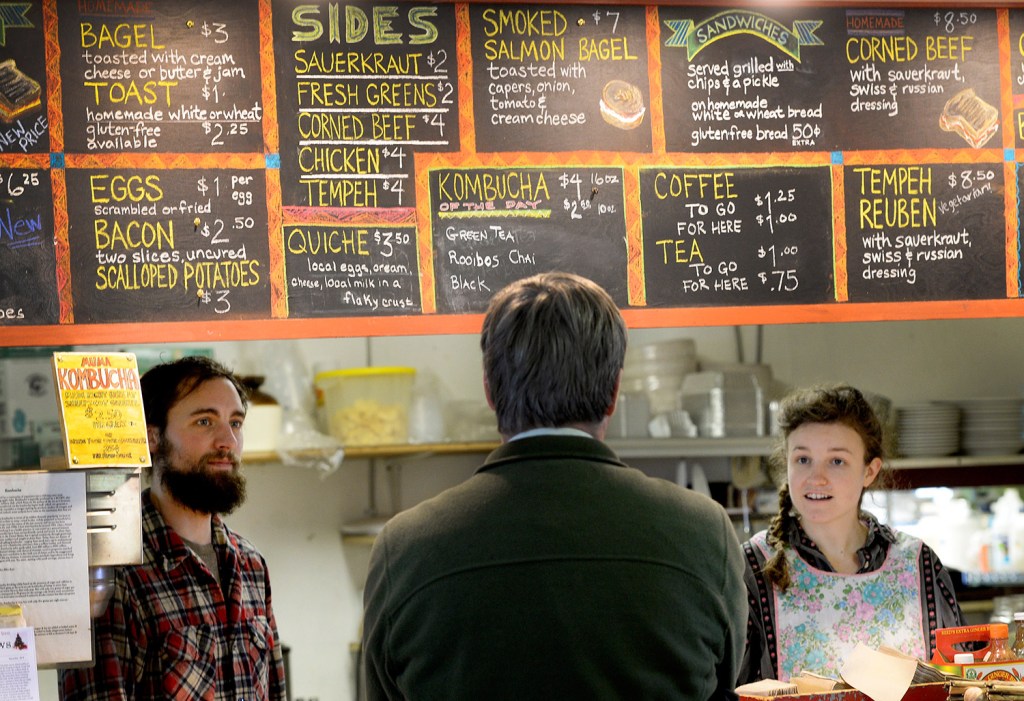
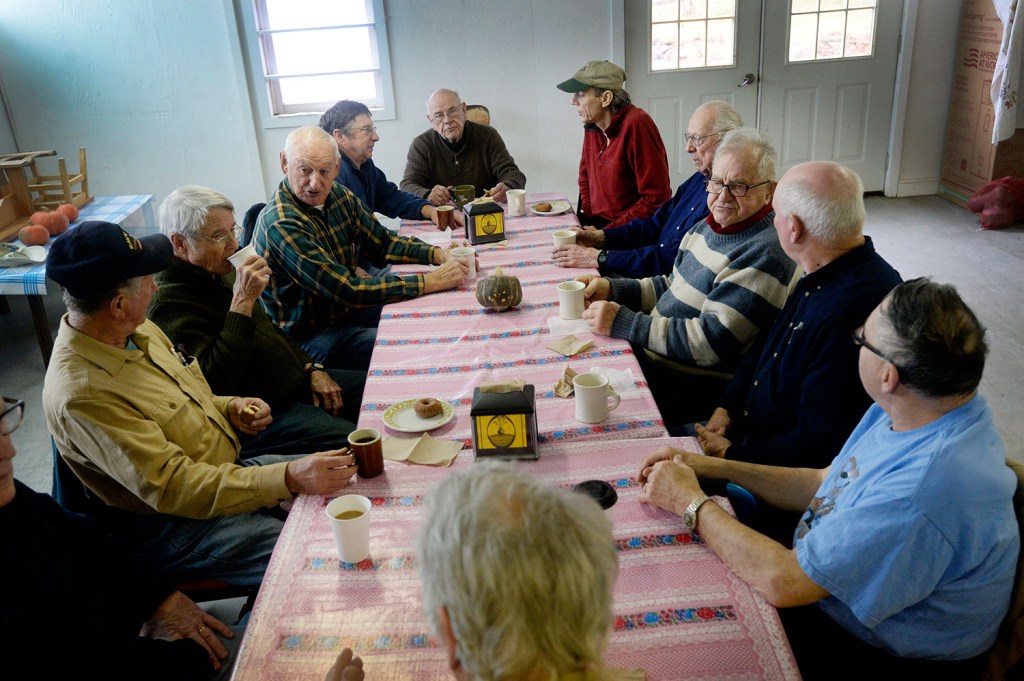
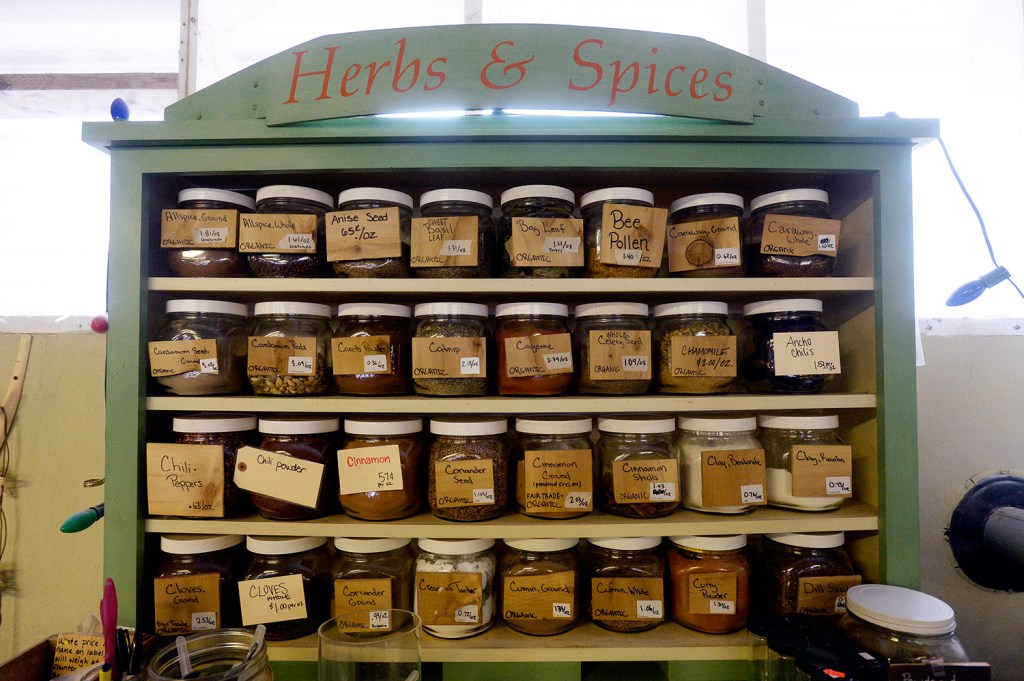
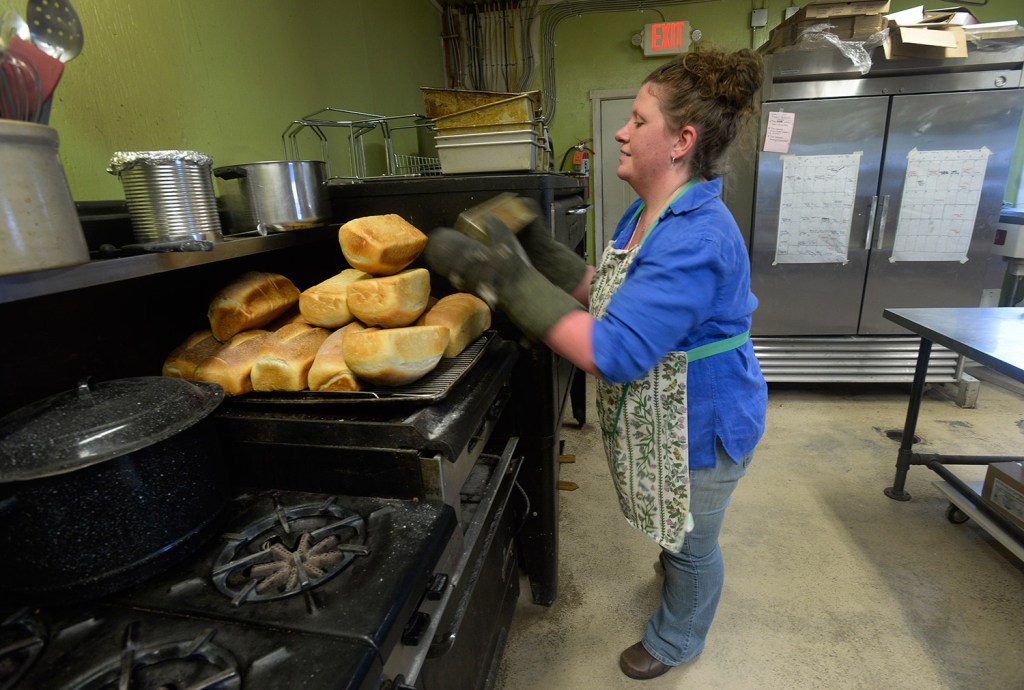
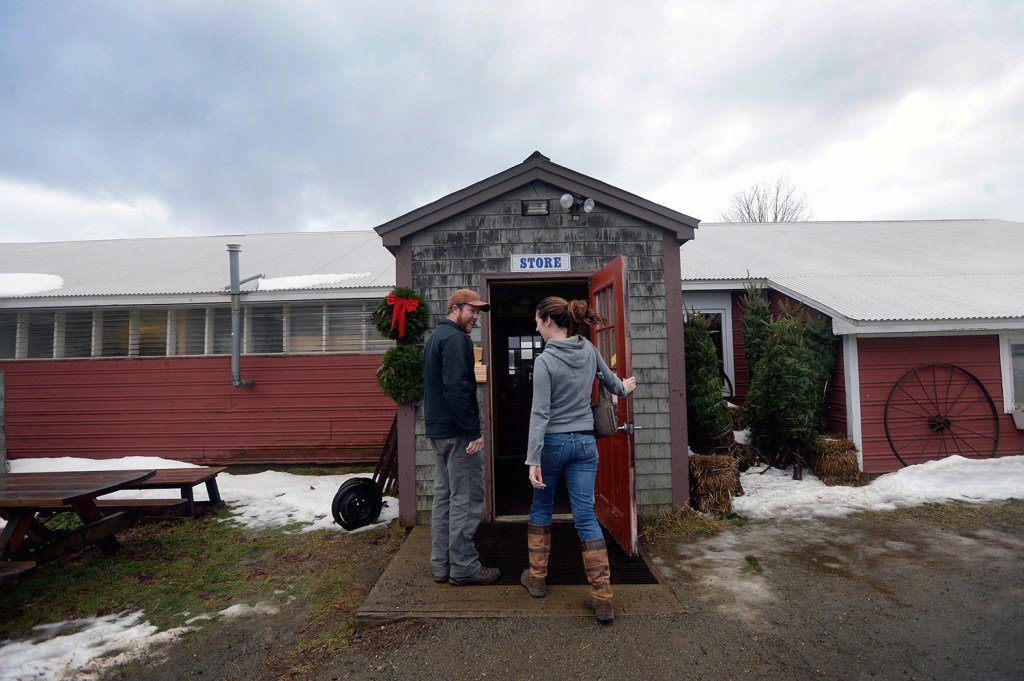
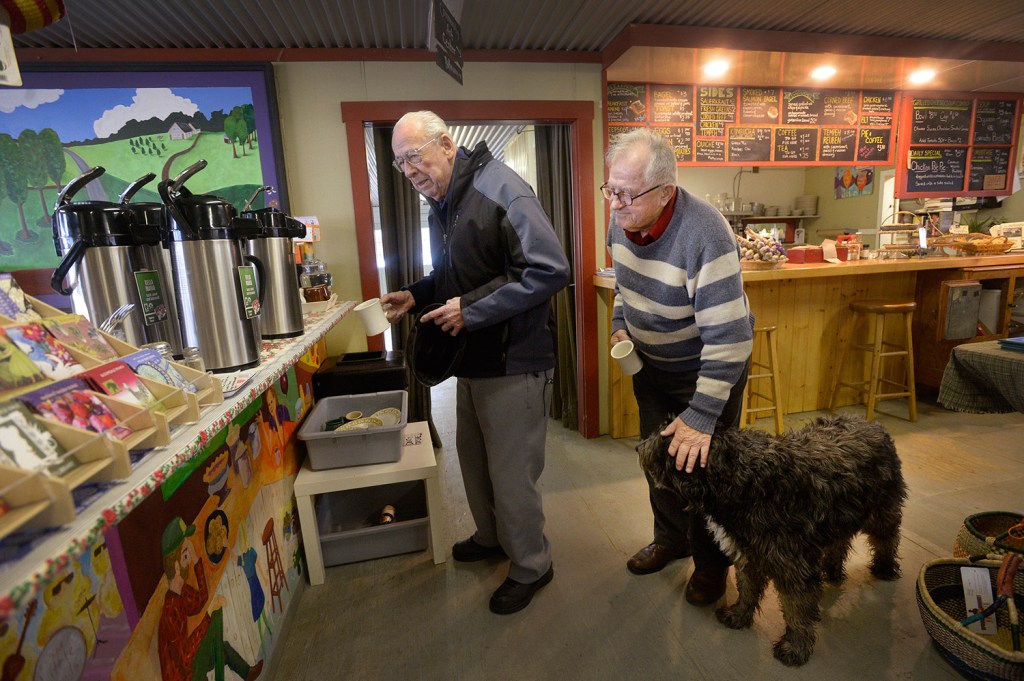
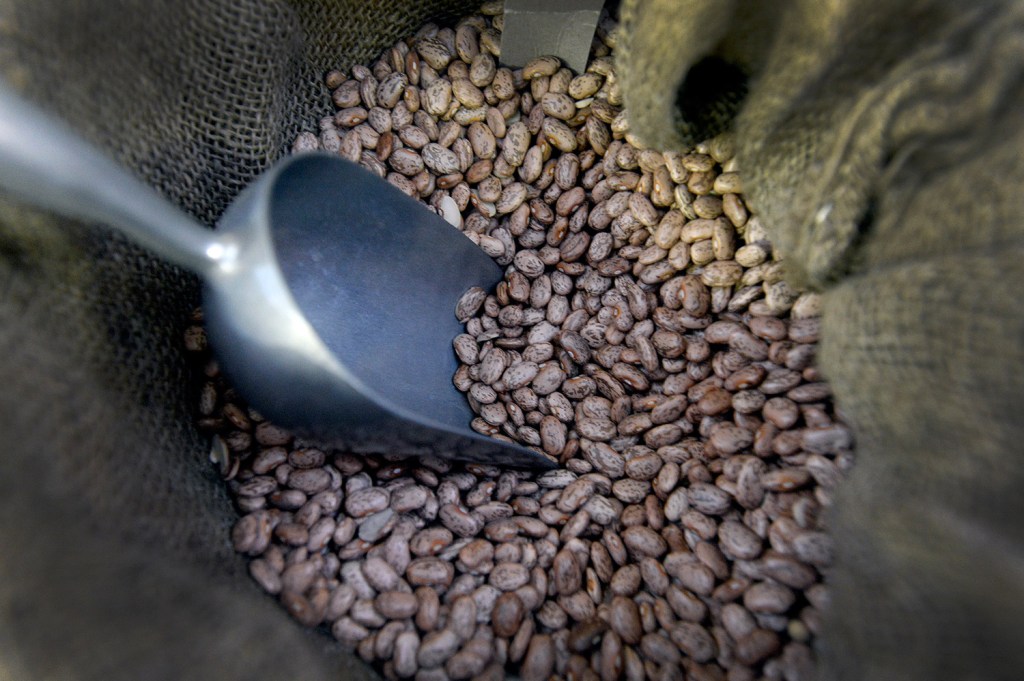
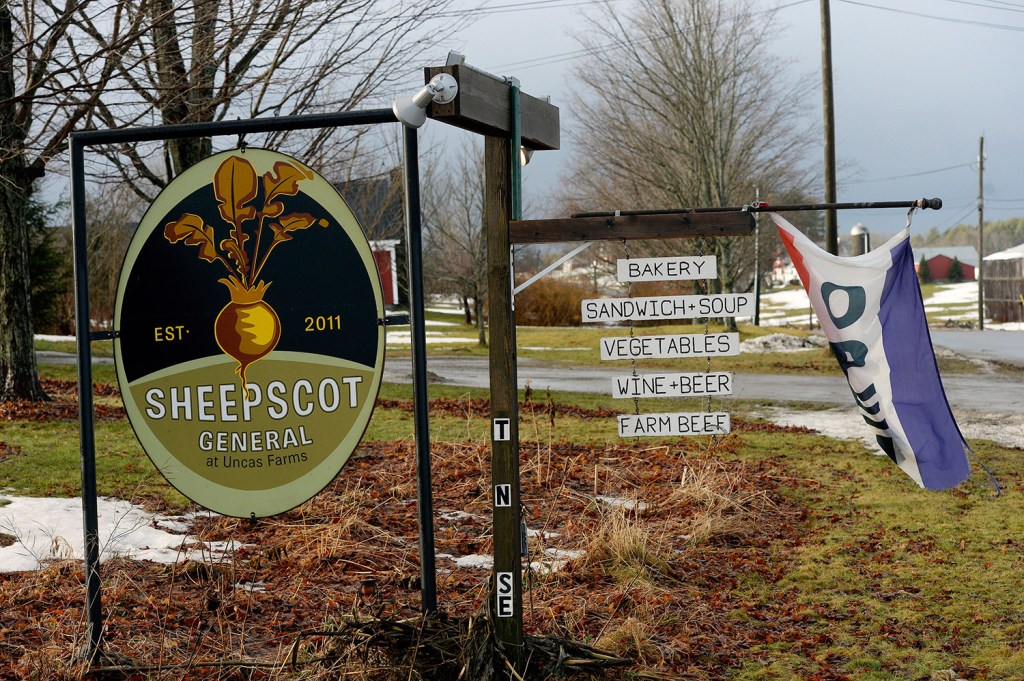
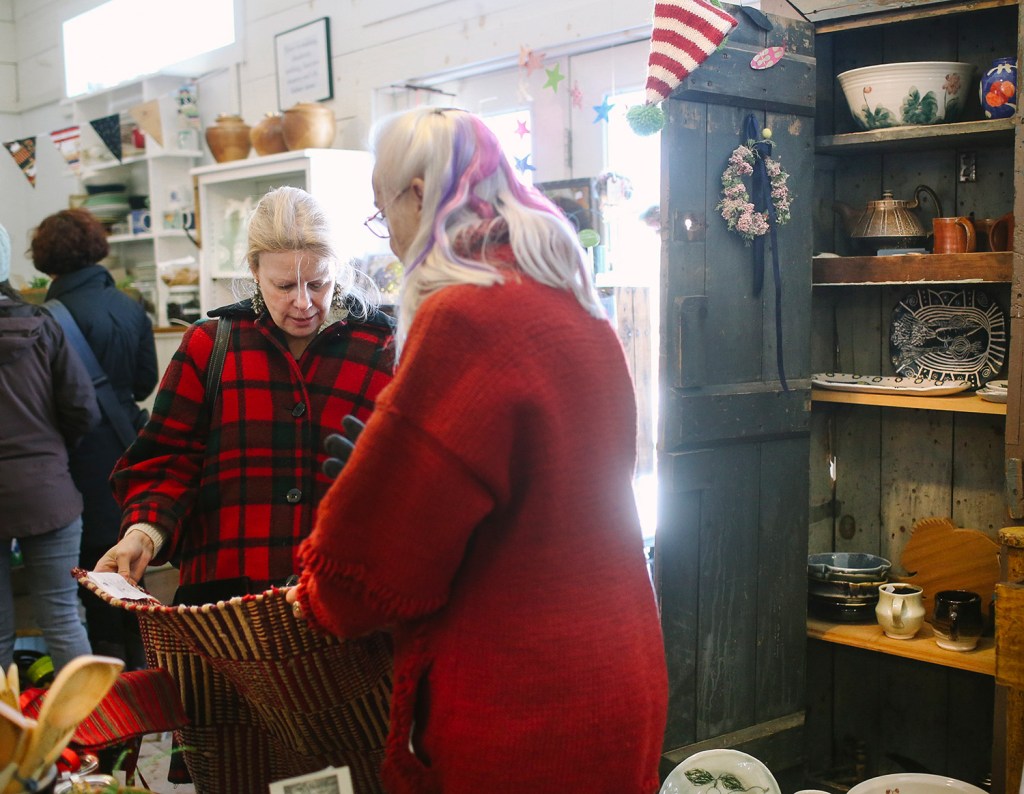
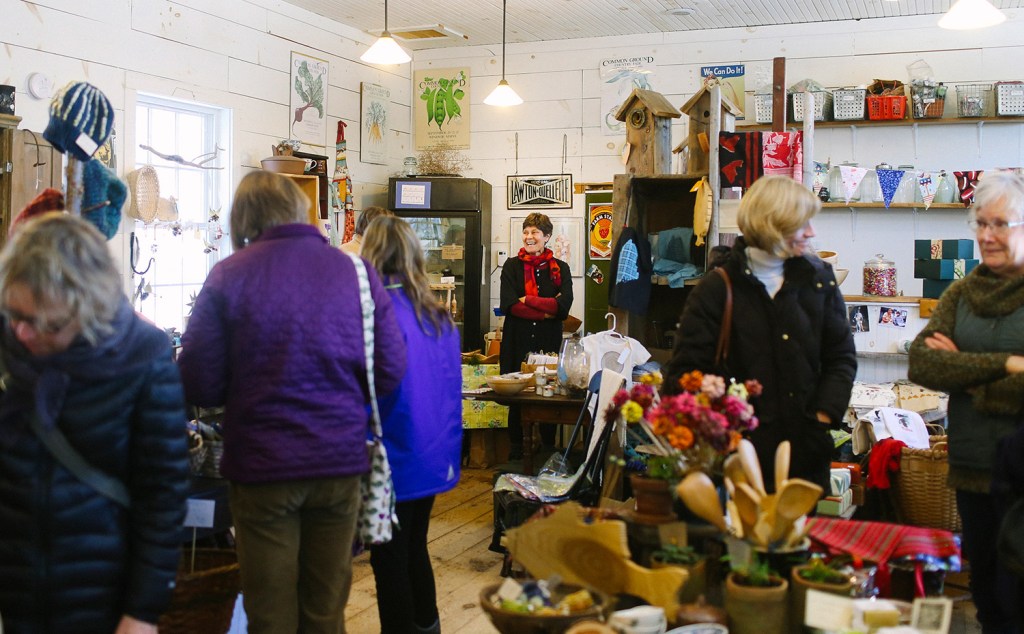
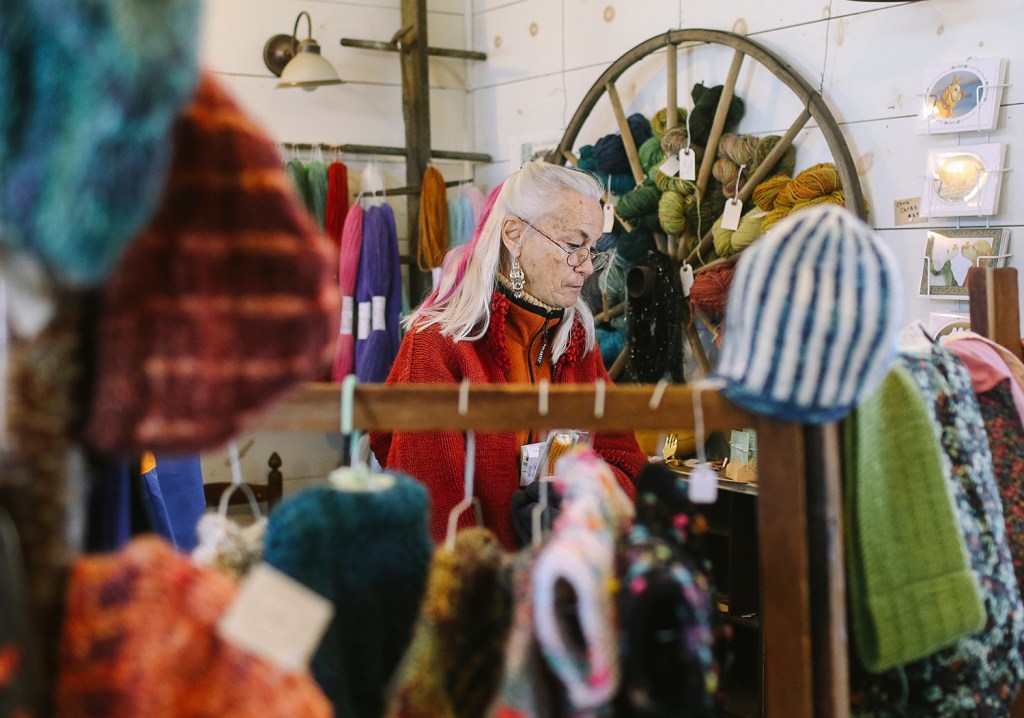
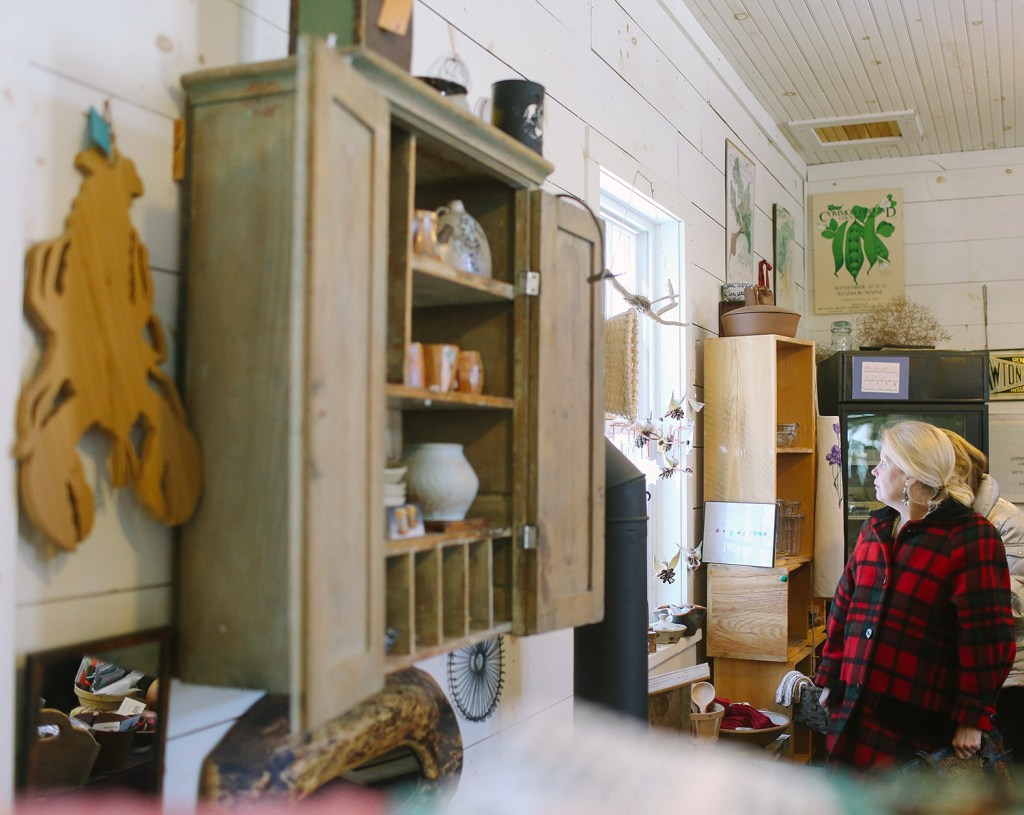

Success. Please wait for the page to reload. If the page does not reload within 5 seconds, please refresh the page.
Enter your email and password to access comments.
Hi, to comment on stories you must . This profile is in addition to your subscription and website login.
Already have a commenting profile? .
Invalid username/password.
Please check your email to confirm and complete your registration.
Only subscribers are eligible to post comments. Please subscribe or login first for digital access. Here’s why.
Use the form below to reset your password. When you've submitted your account email, we will send an email with a reset code.